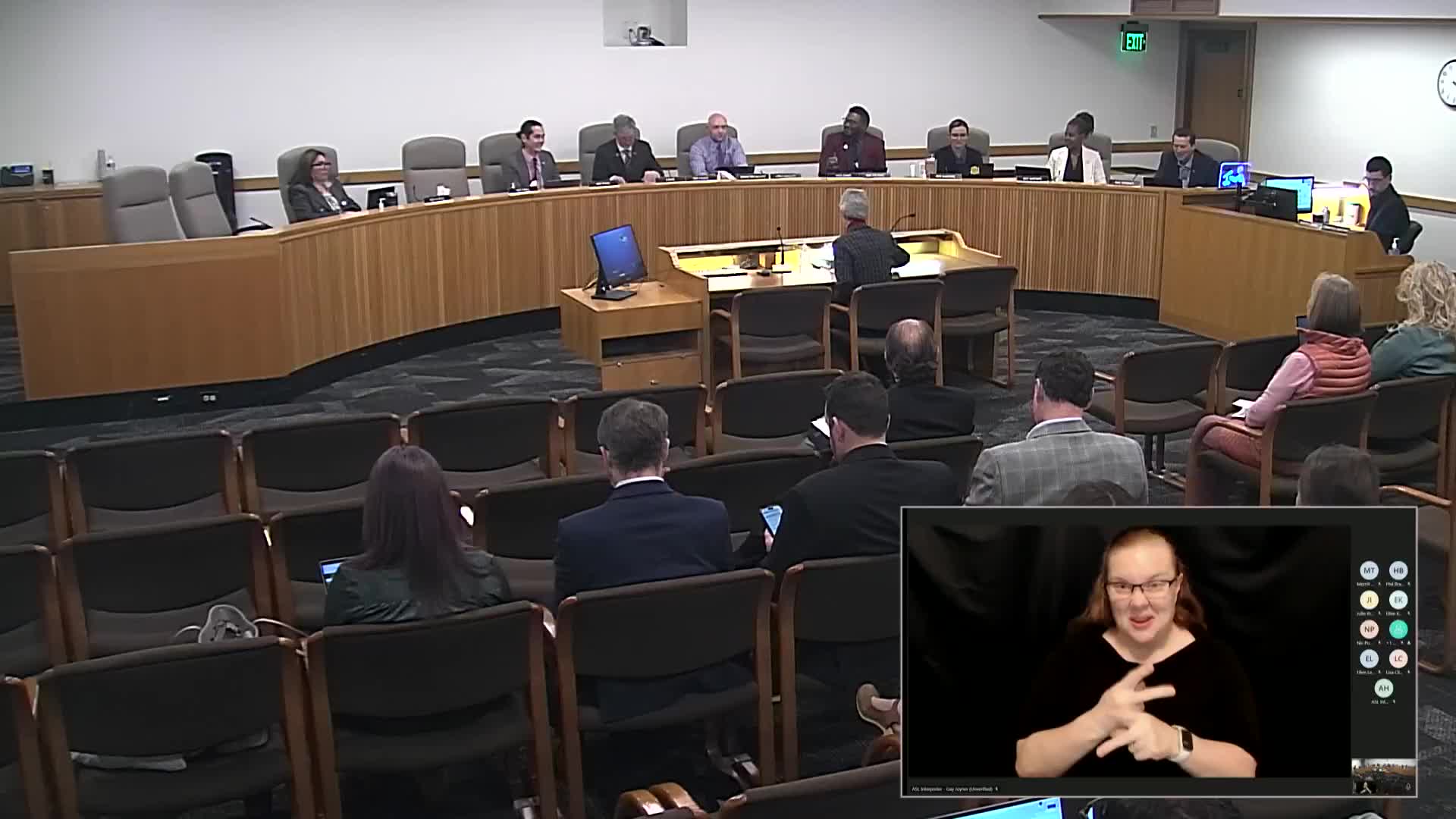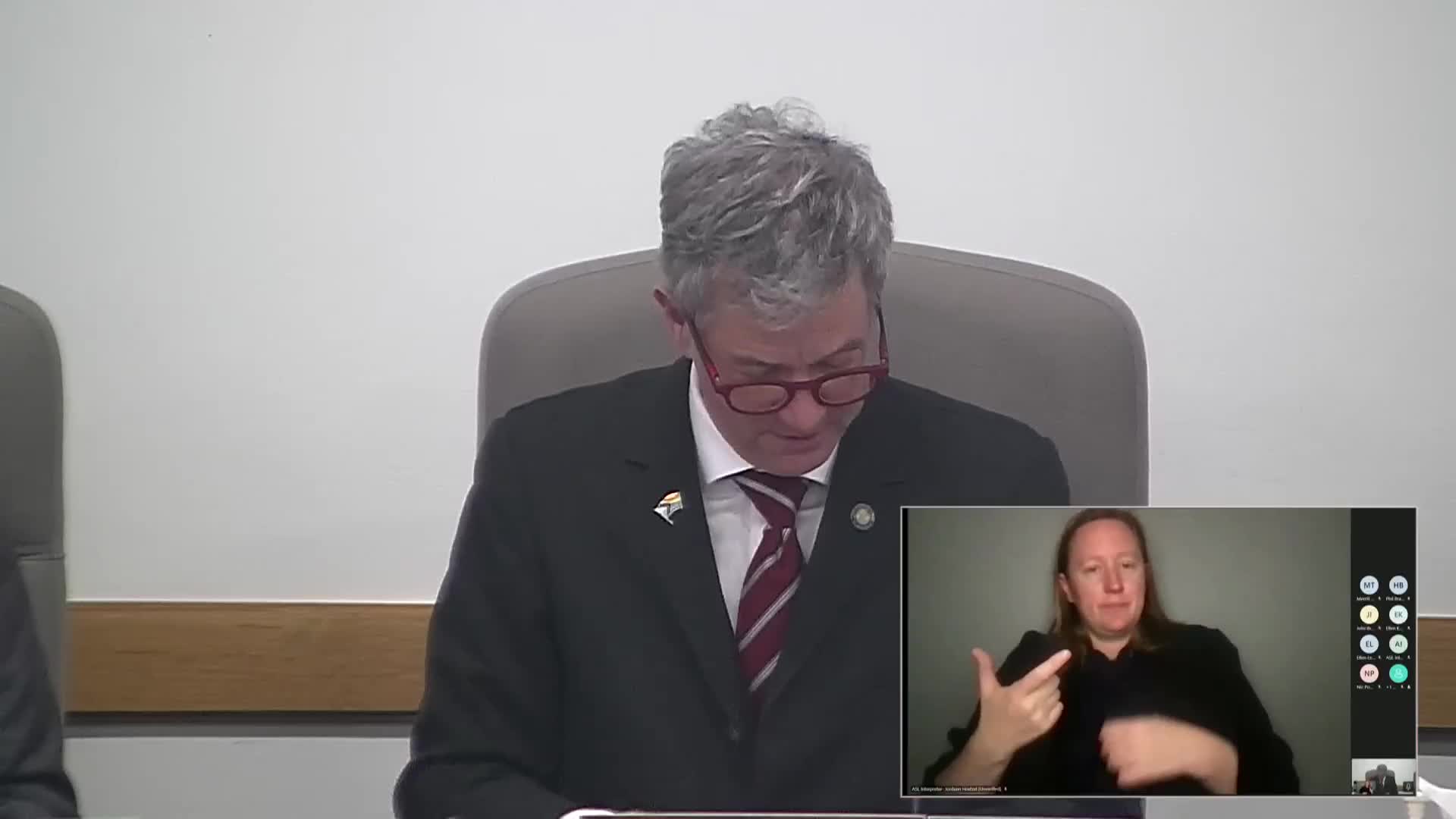Article not found
This article is no longer available. But don't worry—we've gathered other articles that discuss the same topic.

Lawmakers Hear Case for Task Force to Move Adult Residential Mental Health Services into CCO Model

Bill to Speed Provider Credentialing Advances as Providers Describe Months‑long Delays

Supporters, Insurers Trade Views in Public Hearing on Naturopathic Medicine Bill

